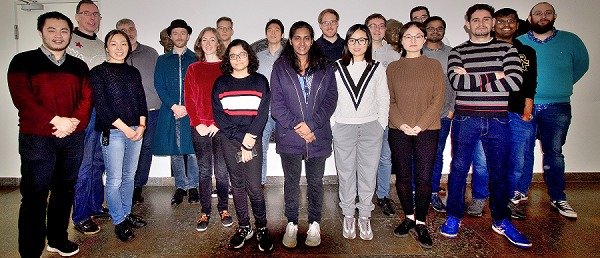New product development in the steel industry nowadays requires faster development of the new alloys with increased complexity. Moreover, for these complex new steel grades, it is more challenging to control their properties during the process chain. This leads to more experimental testing, more plant trials and also higher rejections due to…


